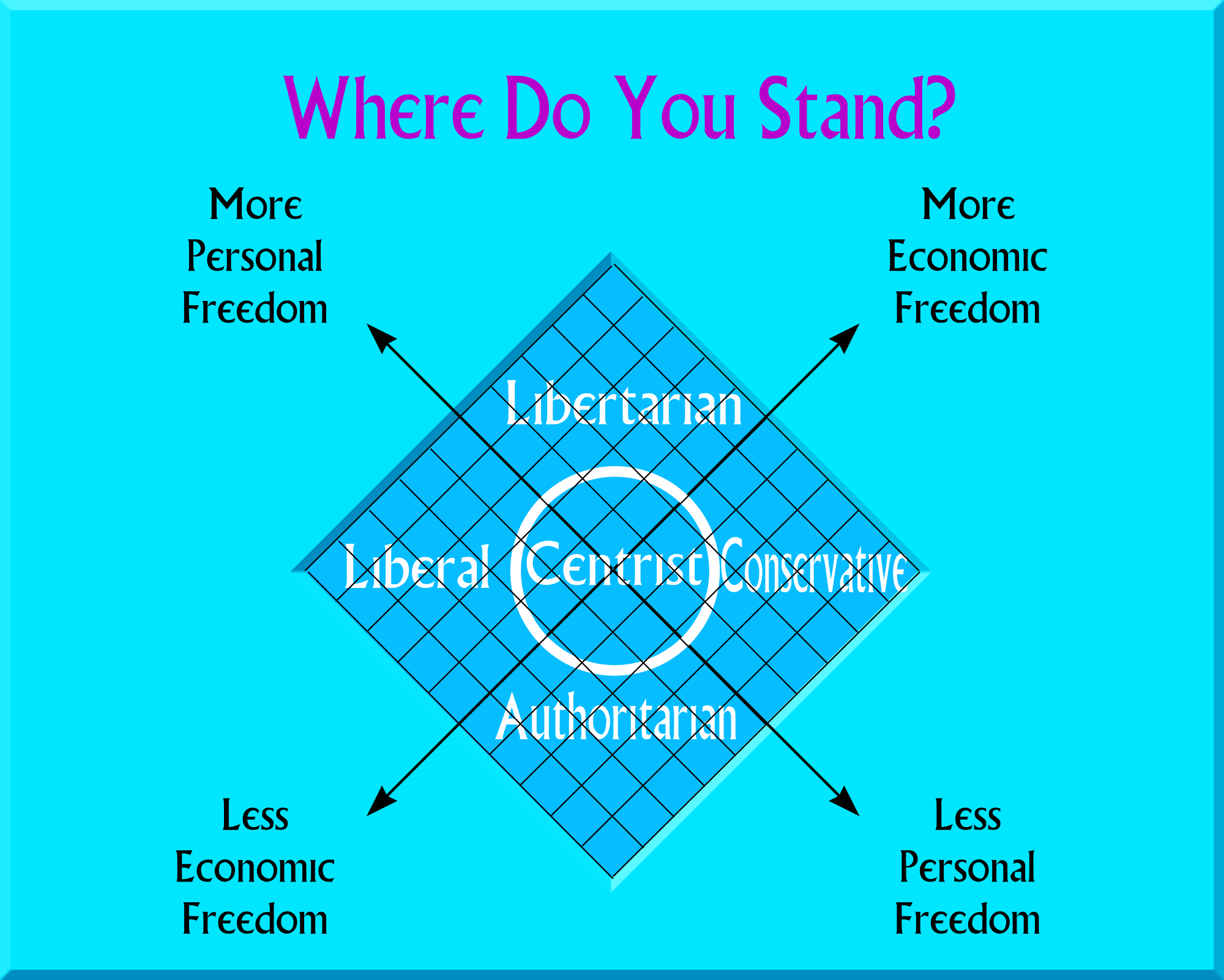I guess I should have a question related to the current recession. Lots of options here. Could talk about banking and money, regulating the financial system or possible bailouts of homeowners who bought at the peak of the housing bubble. Banking has lots of gradations of libertarian answers, but what could I put for authoritarian answers that hasn’t already been implemented? Ditto for the financial services industry. I can think of some useful additional interventions for the housing crisis. So here goes:
MORTGAGE CRISIS
The housing bubble has only partially popped. Millions of homeowners are still owe more than their homes are worth. Many banks are still fragile and many people are unable to move to find better jobs because they cannot sell their homes. Should we do something? If we do, how do we do so without creating a new bubble?
What should we do about the ongoing mortgage crisis?
- Inflate the currency to bring nominal incomes and rents in line with current home prices.
- Give out grants to homeowners based on how desperate they are.
- Buy up surplus housing and demolish it to soak up excess supply.
- Two of the above.
- All of the above.
- Do nothing beyond what we are doing now. The bailouts, new homeowner tax credits, and HARP suffice.
- Let prices continue to fall but build equity by granting existing homeowners the value of their future mortgage interest deductions as a lump sum payment used to pay down existing mortgages and then eliminate the mortgage deduction.
- Pop the remaining bubble. Eliminate all bailout programs. Yes, some people will lose, but others will gain by being able to afford homes on the cheap.
- Pop the bubble even harder. Eliminate the remaining bailout programs, Fannie and Freddie, and the mortgage interest deduction.
- Crush the bubble. Pop as above and go to a gold standard to eliminate inflation.
